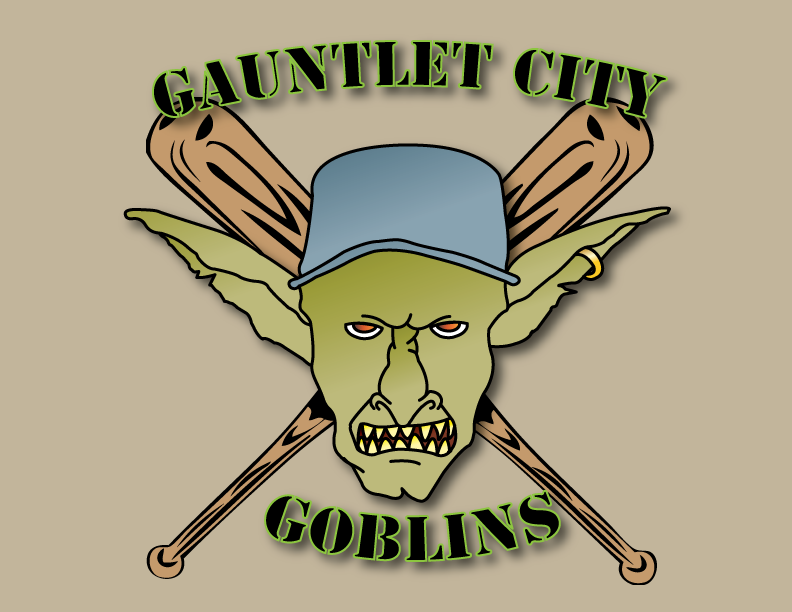Vincent Baker posted a pep talk to his G+ feed this morning, and I’ve been thinking about it.
Vincent Baker posted a pep talk to his G+ feed this morning, and I’ve been thinking about it. I don’t post or comment outside the Gauntlet, so I’ll put my thoughts here. If you want the context for what I’m about to say, go find his post and take a look.
I completely agree with the spirit of what he is saying. You don’t need permission from anyone to create games. It’s a fun activity in and of itself, and the rewards for doing so are significant and intrinsic. I myself don’t make games, but I’m involved in publishing a zine related to games, and I assure you it is a very satisfying activity, despite the fact the zine makes exactly $0 in profit.
But there’s a part of me that thinks you should look a little deeper into the subtext of Vincent’s post, beyond the “feel-good,” +1 bait surface of it.
Because I read it a little differently. I read it as “You don’t have to try.”
And do you know who has a direct interest in making other people think RPG publishing should be treated as a leisure activity, an activity in which you don’t really have to try? The answer: people for whom RPG publishing is already a major source of their income.
I’m not suggesting that was Vincent’s intention in that post. In fact, I don’t believe it was. But I do see these “pep talk” posts a lot, and I always find them amusing, because they usually come from people who, whether they realize it or not, directly benefit from the hobby staying niche and unserious.
I admire execution more than I admire genius. Not everyone gets to be a Lumpley, but with some work, you can be a Magpie. You’re never going to make a mechanically-perfect game, but there are things you can do, things you should do, to give your game the best possible chance of finding an audience, and doing those things doesn’t make your work any less virtuous than that of the gentleman hobbyist who designs games in his leisure time. And I think those things include doing some research to find out if your game has a place in the market, talking to podcasters and bloggers, working to cultivate a fan base, and, yes, commissioning some art and layout.

